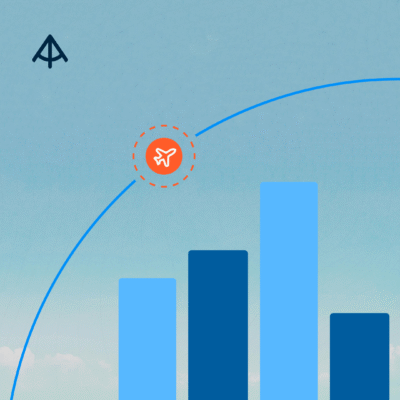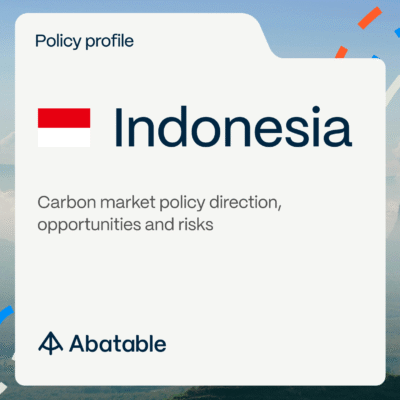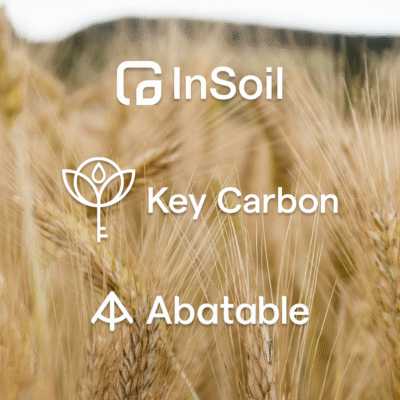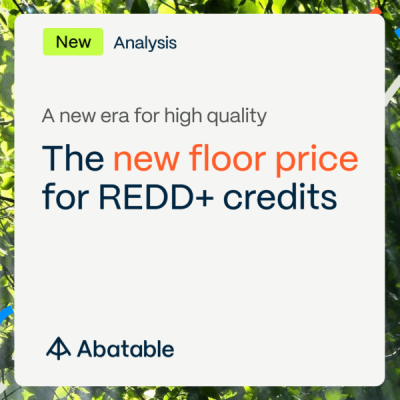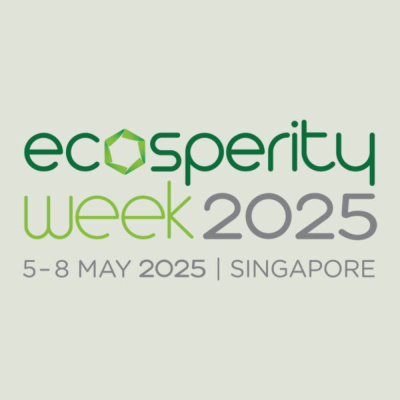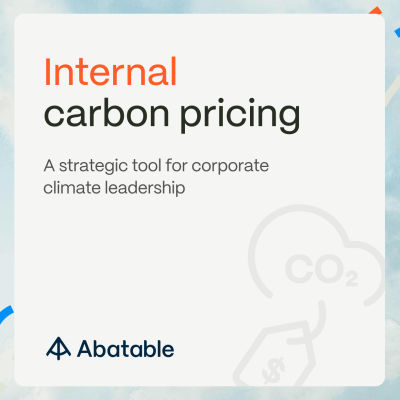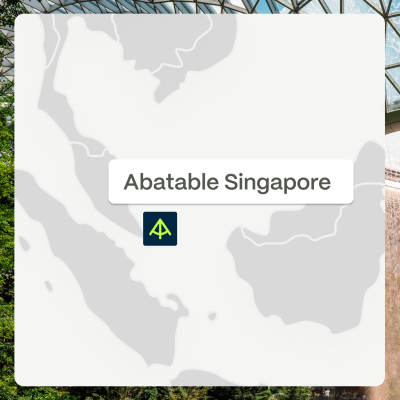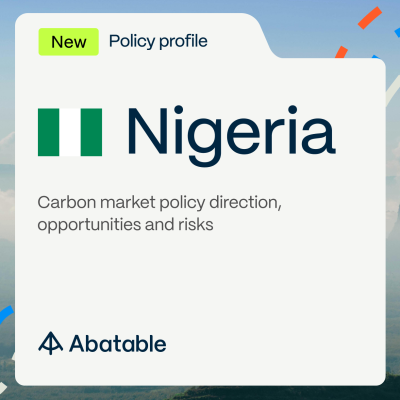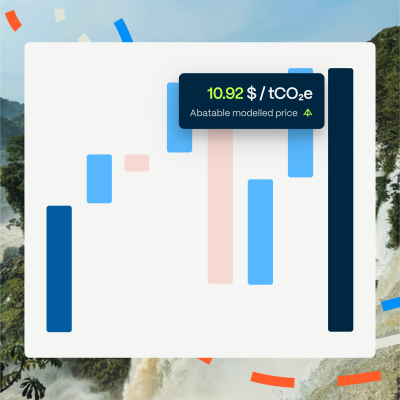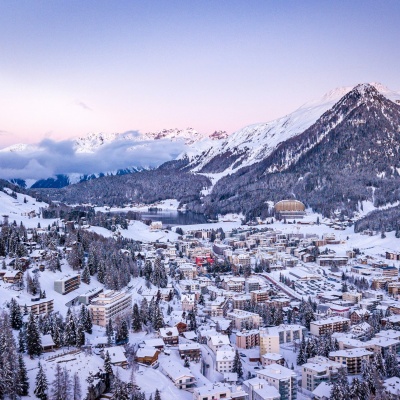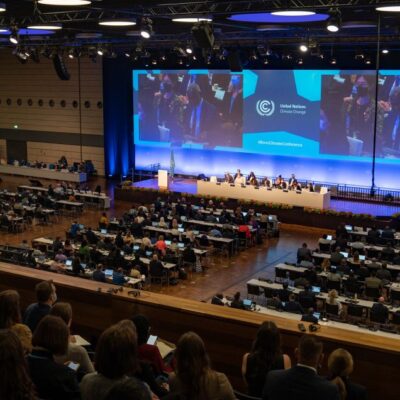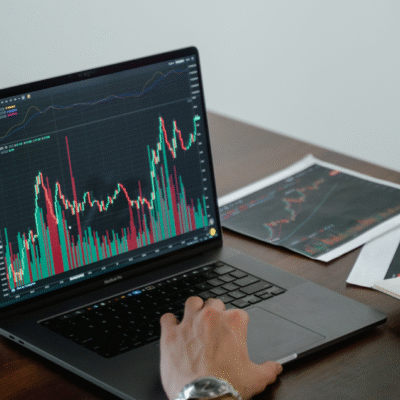In our blog series we’re shedding light on the transformative carbon projects Abatable helped source for the Olympic and Paralympic Games Paris 2024. Each project is critical to the global climate agenda and plays a vital role in advancing local communities, protecting biodiversity, and driving sustainable development.

Here, we illuminate the Sakal Solar PV project in Senegal, a cornerstone of the Paris 2024 climate contribution strategy and a powerful example of clean energy proliferation supporting the UN Sustainable Development Goals.
Regional context
Senegal’s energy landscape presents a pressing need for action. Around 85% of the country’s electricity is currently generated by fossil fuels, resulting in significant greenhouse gas emissions. A reliance on imported oil and coal also places a significant strain on Senegal’s economy, with fuel imports making up about a third of foreign currency expenditure.
Alongside this heavy reliance on fossil fuels, 35% of Senegal’s population lacks access to electricity. This is more pronounced in rural areas, where 60% of people live without power. This energy access deficit has far-reaching consequences, limiting opportunities for education, healthcare and economic growth in these communities. Moreover, as electricity demand in Senegal rises by 6.2% each year, the need for a sustainable, reliable energy supply becomes even more urgent.
Enter the Sakal Solar PV project (VCS ID: 1971), designed to tackle these issues by providing clean, affordable energy to thousands of households while simultaneously reducing the country’s carbon footprint.
The project
The Sakal Solar PV project, located near the city of Saint-Louis in northwestern Senegal, has resulted in the creation of a 20 MW tracker-based photovoltaic power plant, spanning 40 hectares. Since its commission in 2018, the plant has been a key component of Senegal’s energy transformation, generating 41.8 GWh of clean electricity annually – enough to power 200,000 local households each year.

The renewable energy project stands as a model for integrating clean energy into national grids, helping Senegal transition from fossil fuels to renewables. The project is certified under the Verified Carbon Standard (VCS), ensuring transparency and accountability in the generation and trading of carbon credits.
Key credentials of the project include:
- 62,100 solar panels installed;
- 222,700 tonnes of CO2 emissions expected to be avoided over the project’s ten-year crediting period; and
- An expected project lifetime of 25 years, offering long-term benefits to both climate and local communities.
This initiative plays a crucial role in Senegal’s aim to meet its national renewable energy targets. By 2030, the government aims for 40% of its energy mix to come from renewable sources. With approximately 3,000 hours of sunshine annually and irradiation of 5.8 kWh/m2/day – almost double that of France – Senegal is well-positioned to become a hub for solar energy production in West Africa.
How the project works
The Sakal Solar PV project generates carbon credits by producing clean, renewable energy that displaces the need for fossil fuel-based electricity. This is done through the installation and operation of its solar plant, where the electricity generated is fed into Senegal’s national grid. Each megawatt-hour of renewable energy produced prevents emissions that would have otherwise come from burning fossil fuels, thus avoiding CO2 emissions.
Careful calculations were made to ensure the project is additional and would not have occurred without the additional revenues offered from carbon finance generated from the sale of carbon credits.
Impacts on climate, nature and communities

The Sakal Solar PV project has a wide range of benefits, covering both environmental and socio-economic dimensions. Below are some key quantifiable impacts:
Impact on climate
An annual reduction in CO2 emissions of 23,000 tCO2e, equivalent to taking thousands of cars off the road each year.
Impact on people
Around 200,000 households now have access to clean, affordable electricity, helping to reduce energy poverty in rural areas.
The project helps reduce the electricity bills of Senegalese households, which are typically twice that of neighbouring Côte d’Ivoire. Thanks to the Sakal Solar PV power plant and three other solar power plants brought online in 2017, electricity bills in Senegal fell by 10% between March and October 2018.
The project has created seven full-time and 64 part-time jobs, with a significant focus on local employment, including efforts to integrate 16% of women into the workforce, particularly in operations and maintenance roles.
The project also empowers women with skills in agriculture, which opens up new income-generating opportunities and supports their financial independence.
Impact on biodiversity
To compensate for the environmental footprint of the solar farm, the project has initiated a reforestation programme, planting 700 acacia, 700 eucalyptus, and 200 fruit trees around the site. This not only restores the local environment but also creates additional agricultural opportunities for the community.
Other social and economic benefits
The project has facilitated the development of a 15 hectare farm and drilled wells to improve local agriculture and access to drinking water.
A formal agreement was also reached to pay €30,000 per year to the city of Sakal as part of a social contribution, ensuring that local stakeholders benefit directly from the project’s success.
Finally, when constructing the project the use of existing roads and infrastructure minimised environmental disruption, while alternative routes were created for livestock, reducing local tensions and promoting harmony.
Looking ahead
The Sakal Solar PV project represents a forward-looking approach to sustainable energy development, both for Senegal and the broader West African region. With solar power helping to reduce energy costs while combatting emissions, this project offers a viable blueprint for the future of energy in Africa.
Not only does this initiative bring direct environmental benefits through reduced emissions, but it also empowers local communities through job creation, training, and the development of critical infrastructure. In doing so, the project aligns with Senegal’s broader goals of becoming a regional leader in renewable energy and achieving long-term economic resilience.
Why high-impact carbon projects matter
As this blog series has highlighted, high-impact carbon projects like the Sakal Solar PV project are essential tools in the fight against climate change. They offer tangible solutions to reduce emissions while also addressing critical local needs – be it energy access, economic opportunity, or biodiversity protection. The Sakal Solar project, with its far-reaching impact on both climate and communities, is a testament to what can be achieved when projects are designed to deliver meaningful, measurable results.
Abatable is proud to have supported the Paris 2024 portfolio by sourcing projects like Sakal Solar. Our expertise in carbon sourcing ensures that organisations around the world can make informed decisions, finding the right projects to align with their climate strategies and values. If your business is looking to make an impact, we are here to help you navigate the world of carbon credits and unlock the potential of high-impact carbon projects.
Contact us to learn more and start implementing your impactful climate strategy today.
Written by climate and energy writer Charlie Bush.

